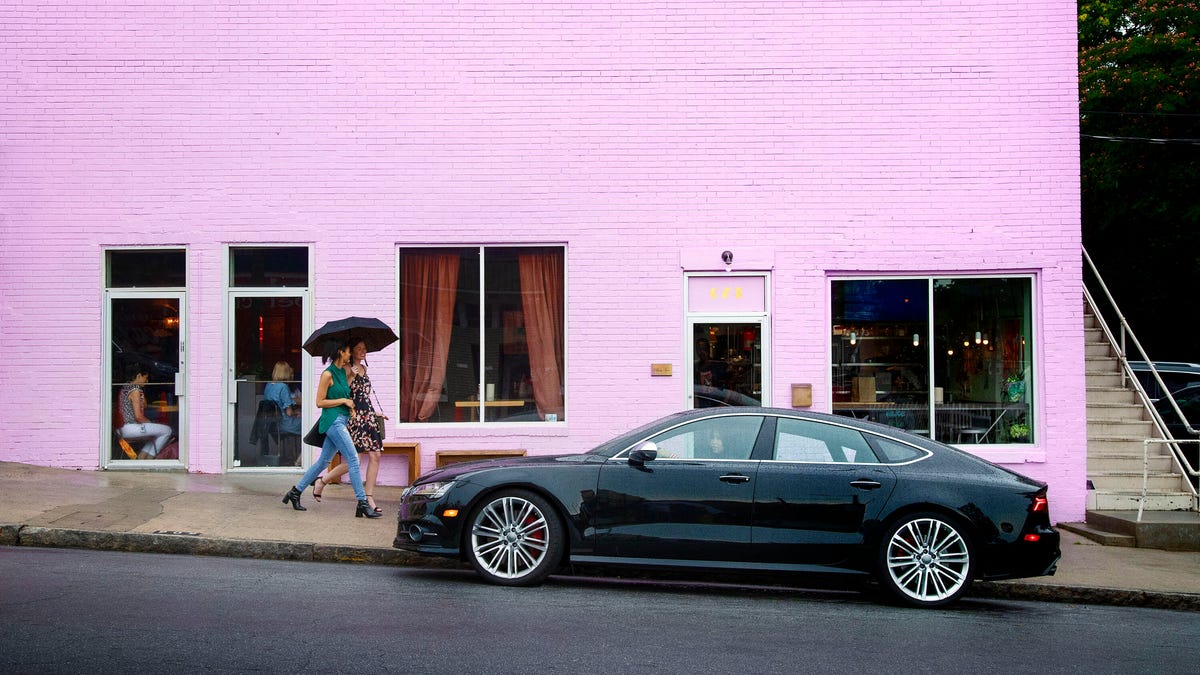Climate change finds a foe in ride-hailing services, study shows
Skip the Uber or Lyft if you really want to minimize your carbon footprint and try public transportation.

Uber and Lyft have been transformational in a way we likely never would have imagined 10 years ago. Now, it's easier than ever for anyone with a smartphone to grab a ride and not worry about navigating unknown parts.
However, the rise in ride-hailing services' popularity comes with a big side effect: emissions. And what are emissions tied to? Climate change . The latest study from the Union of Concerned Scientists published on Tuesday found the average ride-hailing trip creates 47% more emissions than if the rider simply drove their personal vehicle. Even worse, a trip creates 69% more emissions than the trips it replaces.
That sounds funky on the surface, but it there's a good explanation. What riders may not think about is the fact an Uber or a Lyft driver spends a lot of time motoring around between pickups and drop-offs. That leads to thousands of cars spewing emissions without any passengers onboard. Thus, a single ride-hailing trip actually creates more emissions than if a user directly drove to their destination and cut the extra miles out of the equation entirely.
The rather high 69% figure is also due to the fact ride hailing has started to replace other forms of mobility, like good old-fashioned walking, cycling and traditional public transportation. However, a shared trip (pooled ride hailing with multiple passengers) cuts down on the figure quite a bit and rivals a trip made in a private vehicle. Even then, pooled trips can't beat the low carbon footprint of public transit, as the study showed.
So, the UCS has some suggestions. The group called on companies to start electrifying their fleets of vehicles used. Research showed a ride in an electric vehicle produced 50% fewer emissions than a private car, and pooling dropped emissions to 70% fewer. The UCS also called on policymakers to take this knowledge into consideration. Ultimately, change rests in those who use the services. Perhaps walking a few blocks isn't so bad after all.

